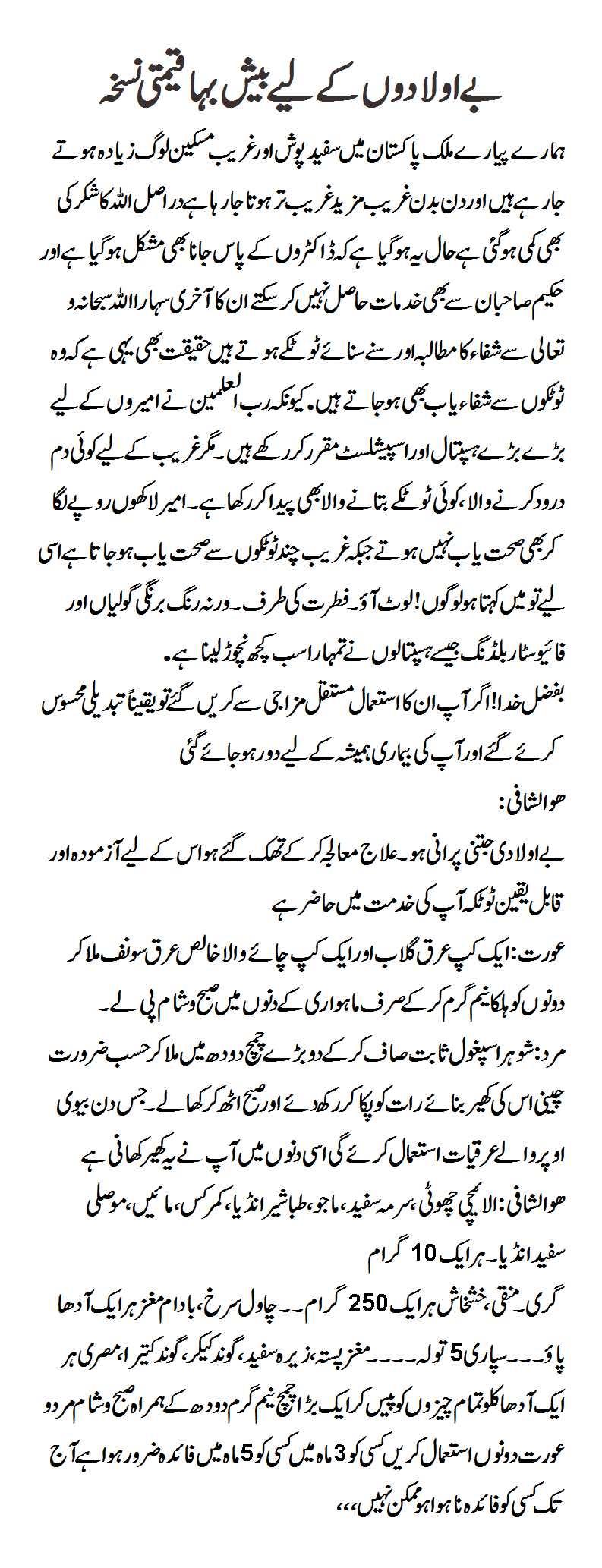Drawing on fieldwork and interviews from South India (Kerala), the author analyzes married women’s experiences of stigma when they are childless and their everyday resistance practices. As stigma theory predicts, childless women deviate from the “ordinary and natural” life course and are deeply discredited, but contrary to Goffman’s theory, South Indian women cannot “pass” or selectively disclose the “invisible”
attribute, and they make serious attempts to destigmatize themselves. Social class and age mediate stigma and resistance processes: Poor village women of childbearing age
are devalued in ways affluent and professional women avoid; differently situated women challenge dominant definitions and ideologies of family in distinctive ways.
South Indian women are creating spaces for childless marriages within the gendered margins of families and culturally prevalent definitions of womanhood. The findings contribute to rethinking Western assumptions in Goffman’s theory and suggest new directions for research on power and everyday resistance.
